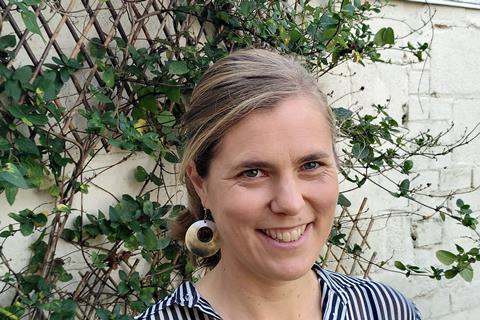
The University of York, with funding from Yorkshire and the Humber-based support initiative Screen Industries Growth Network (SIGN), is launching a study that speaks to people who have faced or witnessed sexual harassment, violence or misconduct in the film and TV workplaces to help collate a picture of the scale of the problems.
The study will feature interviews with anyone who has worked in the film and television industry in the UK (on a paid or voluntary basis) who has experienced sexual harassment, violence or misconduct at work since January 2018 and has reported or attempted to report the incident.
It aims to examine what, if anything has changed since the #MeToo movement. Lead researcher of the study Anna Bull, who has been examining the issue since 2017 through research and lobby organisation 1752 Group, told Screen’s sister site Broadcast: “While there has been some activity looking to address the issue, we are still finding high levels of harassment and a lot of anecdotal evidence. We are looking at recent experiences so we can report back to industry leaders that this is what’s happening now.”
People of all gender identities and sexualities are encouraged to apply to participate in confidential online interviews to help illuminate what is needed to support people reporting harassment and determine both how they were treated when they did report an issue and whether current industry initiatives are effective.
If chosen to participate, contributors will be interviewed by Zoom.
Bull will be carrying out the interviews. Participants that are trans, non-binary or gender queer can request to be interviewed by a transmasculine colleague and those from racially minoritised groups can be interviewed by fellow 1752 Group researcher Adrija Dey, who is based at the University of Westminster.
Bull said the study is open to those who have been impacted by sexual harassment even if they were not the direct source, for example if they have witnessed harassment at work.
“In some areas of the screen industries, there can be a sexualised atmosphere that creates an intimidating environment and what might be deemed as a lower level of harassment. It doesn’t have to be seismic,” she said.
A version of this story first appeared on Screen’s sister site, Broadcast.















![[L-R]: Amanda Villavieja, Laia Casanovas, Yasmina Praderas](https://d1nslcd7m2225b.cloudfront.net/Pictures/274x183/6/4/1/1471641_pxl_20251224_103354743_618426_crop.jpg)









No comments yet